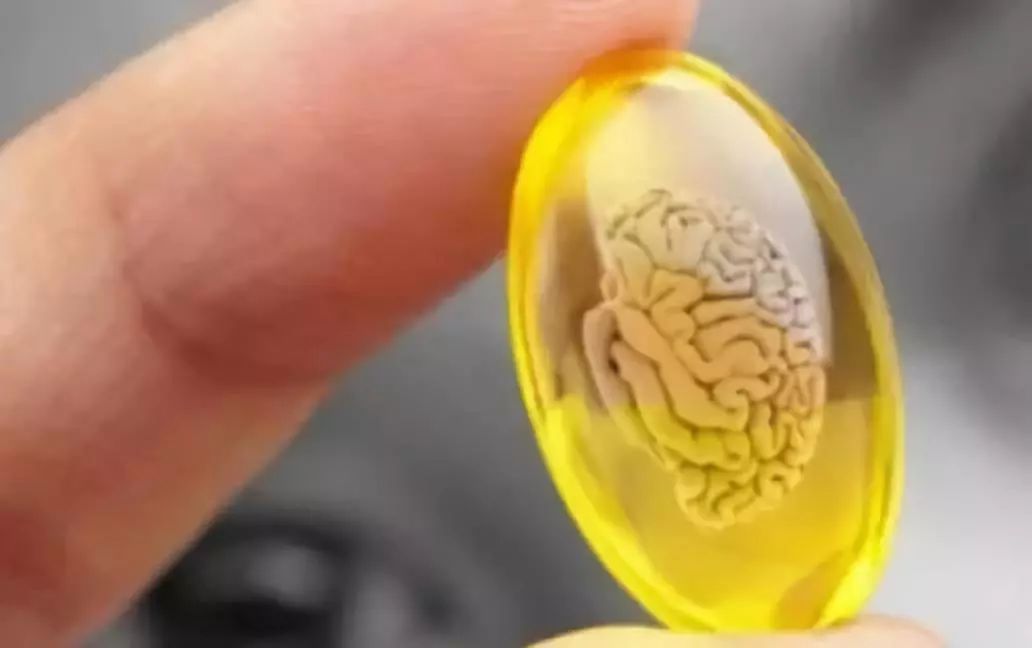
Long ago, science has proven that humans do not use the full capacity of their brains. According to research (as read on this link), we use only the part of our cognitive abilities. As nature ‘arranged’ it to be enough for us, people wanted to see what would happen if that level of utilization increased.
Logically, our performance would improve. We could use the brain better, which would further affect our work performance, our ability to learn and acquire new knowledge, our ability to remember, and so on. Simply put, we would be more efficient and rational.
With the development of nootropics, or in the street language, smart drugs, humanity has taken a step forward towards this goal. Supplements that aim to increase our brain performance may be a product we’ve been waiting for, but there is still much controversy about them. Due to their specific mode of action, many people think of nootropics as one more type of opioids and therefore doubt their use.
The Mechanism of Action of Nootropics
Nootropics’ mechanism of action is still not entirely clear, but it’s proven that these drugs don’t act as psychostimulants. These supplements work through vital neurotransmitters in the brain, such as norepinephrine and glutamate. The active ingredients from these drugs don’t affect the level of dopamine. In other words, don’t make you high. Some addictive properties are present but to a much lesser extent. Most nootropics affect dopamine enough to keep our body in a state of alertness.
It means we don’t feel tired but slightly ecstatic, which means nootropic have positive effects on our functioning. The brain manages everything we do. When it’s ‘in full speed,’ our working performance is at a higher level. The use of nootropics prevents interference from external factors. Nothing can distract us, which makes us more efficient and focused in everything we do.
Effects on IQ
As seen on Nootropics Review Nerd, one of many names for nootropics is memory-boosters. Maybe this is not the right term, because this medication doesn’t affect the growth of our brain and expansion of our memory space. And no, smart drugs won’t make us smarter. Our IQ won’t explode after taking a few pills. Smart drugs only help us to use our cognitive abilities better.
Regular use of nootropics leads to higher working efficiency. At the psychological level, that can have a significant impact on the motivation of people using these drugs. When we are focused, our organization is much better, and so as the results of our actions. Someone will praise or appreciate our efficiency and dedication, and our efforts will be rewarded.
Safety of Use

Nootropics have many benefits, and people are not afraid to use them. It became a growing industry, as people consider it almost perfect brain enhancer. But if we manage to show you how it differs from opioid drugs, that doesn’t mean these medicines are entirely safe to use. Maybe it doesn’t make us high but every nootropic can have some side effects and interactions.
After short-term use, mild cardiovascular side effects, such as increased blood pressure or moderate heart rhythm disorders, are possible in the minor number of users. There can be some mild nausea, loss of appetite, headache, etc. Still, science requires further testing to determine adverse effects after long-term use of all nootropics.
Moral Dilemma about Nootropics
Given that nootropics are becoming more and more popular and available, the question is, whether newer generations can function without this type of stimulation. Nootropics have found their use in celebrities, businessmen, students, people who work in highly responsible positions like doctors and pilots; everyone wants these ‘magic’ pills.
But you have to keep in mind that nootropics greatly vary. You see, SporesMD’s Mushroom Spores is not the same as caffeine (yes, caffeine is also a nootropic). Are they all the same? Are they all different? Are they equal? To a degree, it’s still up in the air, and whatever nootropic you do use, you have to understand that it’s not magic, and it might be too little or even too effective.
Scientists didn’t invent nootropics for making us geniuses. All these medicines have their primary purpose as conventional therapy for various diseases. So, recreational use of smart drugs in healthy people still has no justification from a professional and scientific point of view.
Some general opinion about nootropics, find on the page below:
When we use nootropics, for example, this can be considered a particular type of doping, as we are trying to enhance our cognitive and working performance artificially. For this reason, the very existence of smart drugs causes many moral dilemmas. But still, this doesn’t affect their popularity all around the globe.


